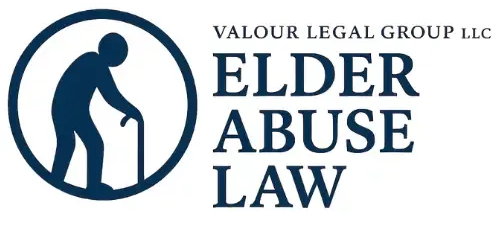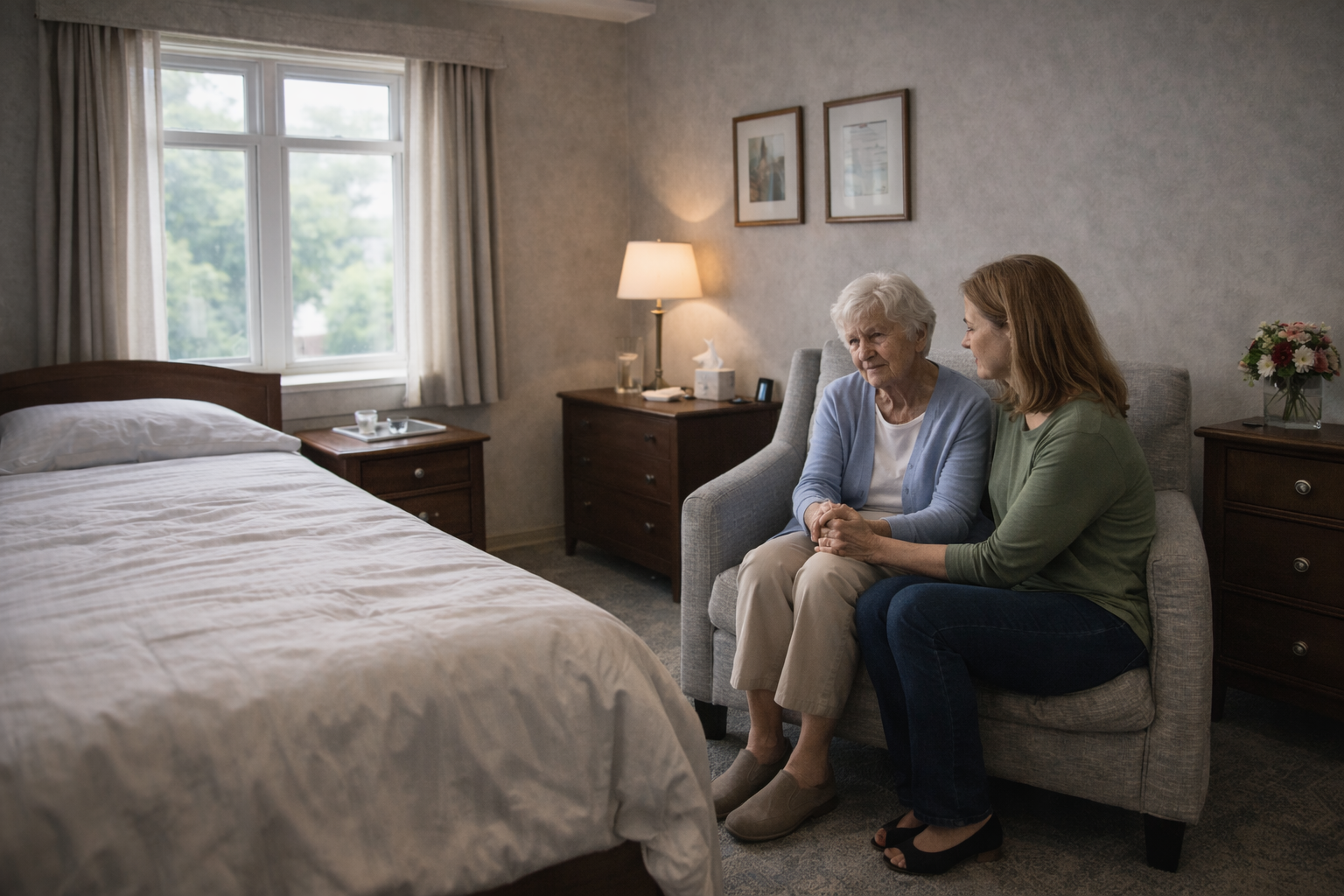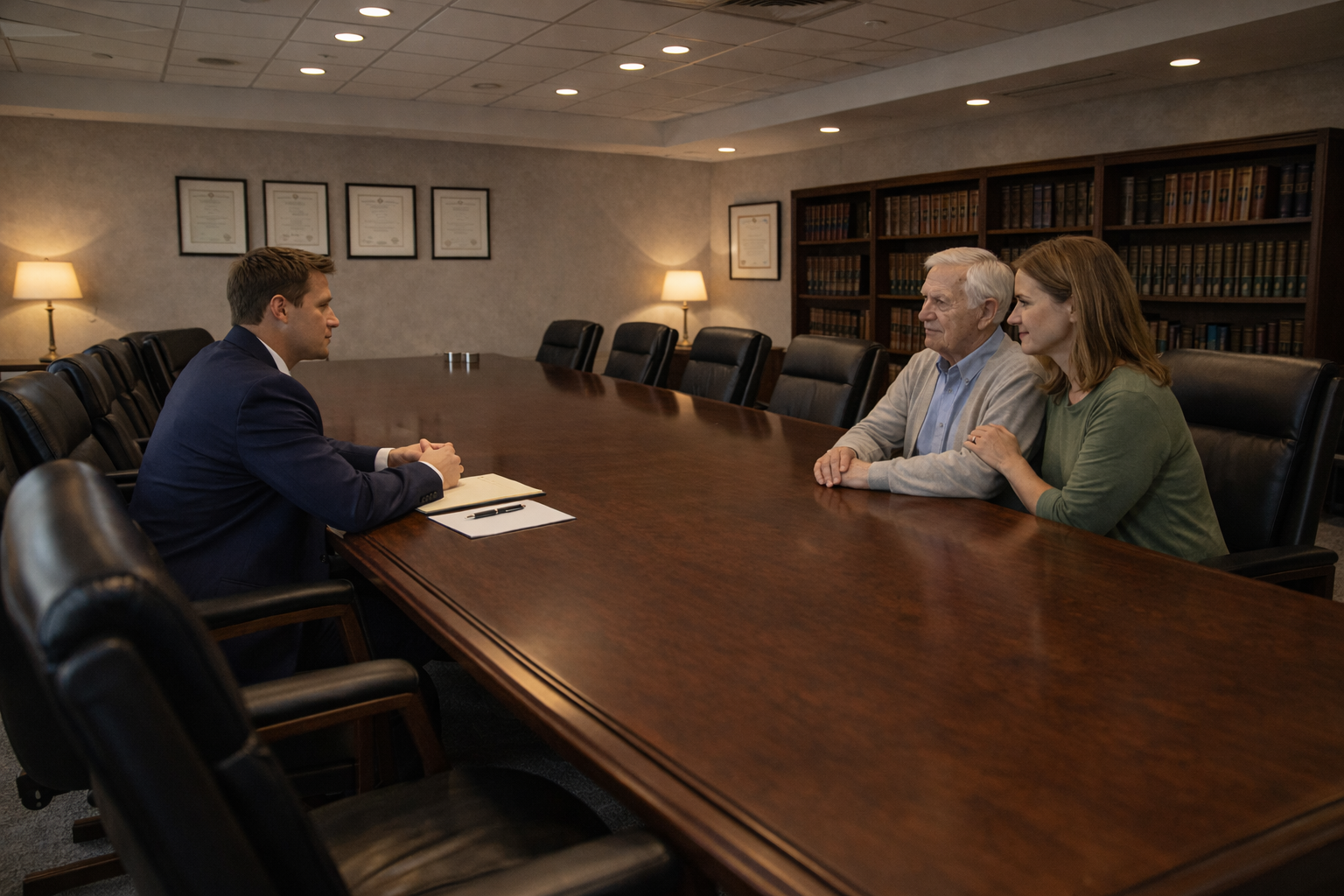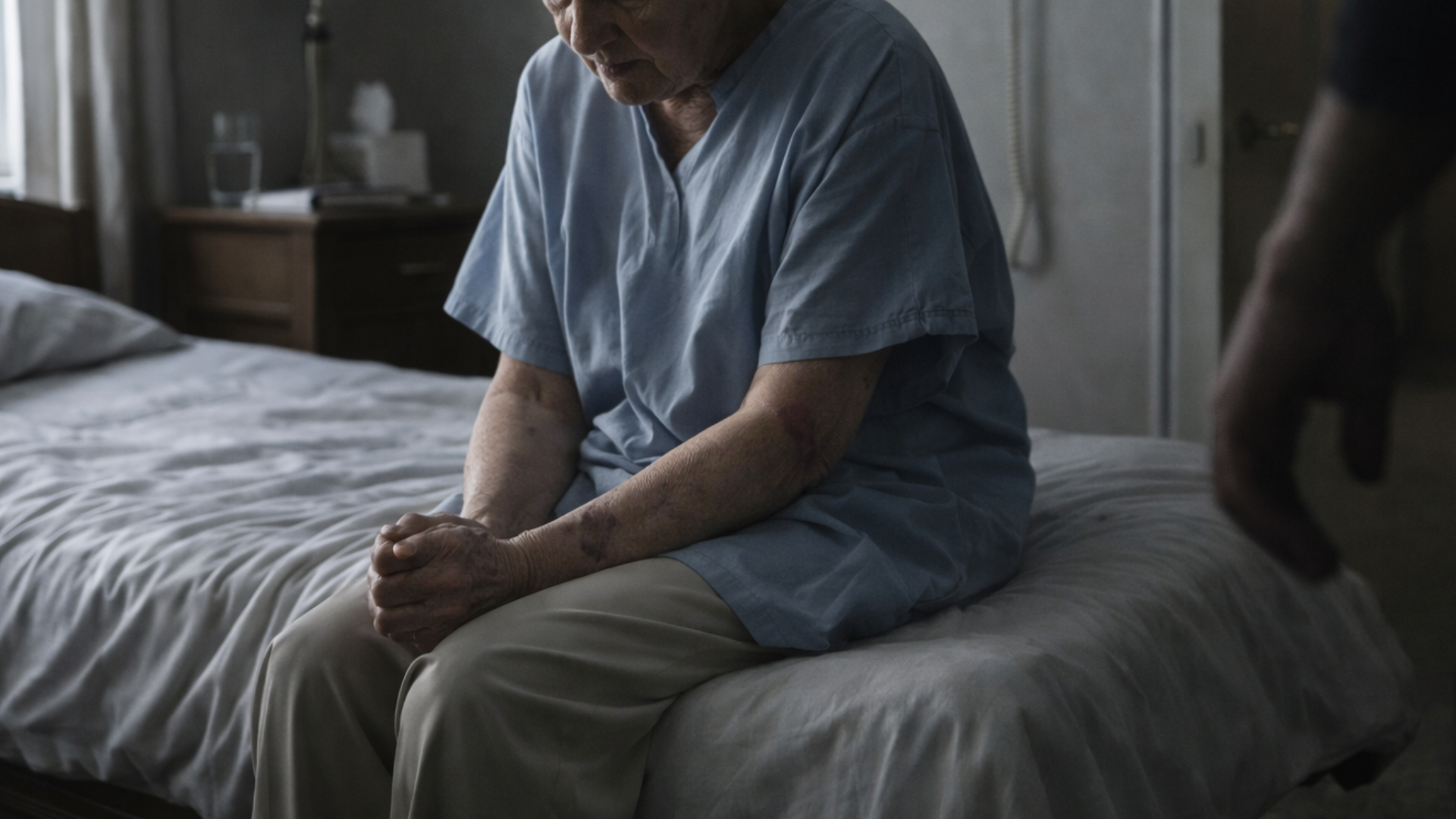What Is Nursing Home Abuse? Here’s What Families Need to Know
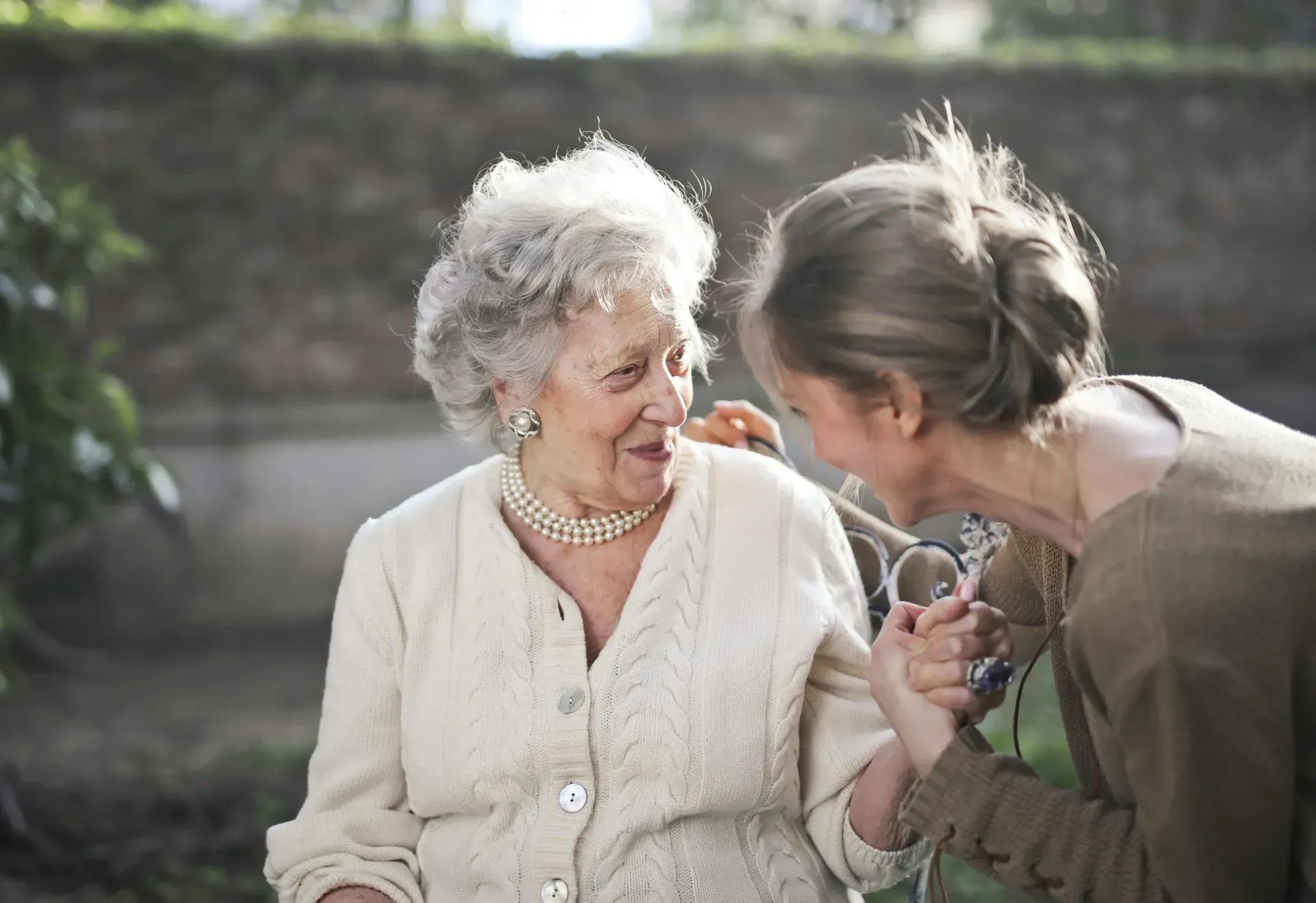
When you place a loved one in a nursing home, you trust that they'll receive the care, dignity, and respect they deserve. Unfortunately, nursing home abuse is a reality that affects thousands of vulnerable residents across the country. As a family member, understanding what constitutes abuse and knowing the warning signs can make all the difference in protecting someone you care about.
Let's walk through everything you need to know about nursing home abuse, from recognizing the red flags to taking action when something doesn't feel right.
Understanding the Different Types of Nursing Home Abuse
Nursing home abuse isn't always obvious, and it can take several different forms. Here's what you should be watching for:
1. Physical Abuse
This is perhaps the most recognizable form of abuse, involving any intentional act that causes physical harm to a resident. Physical abuse can include:
- Hitting, slapping, or striking a resident
- Rough handling during care activities
- Inappropriate use of restraints
- Withholding necessary medical equipment like wheelchairs or walkers
Have you noticed unexplained bruises, cuts, or injuries on your loved one? These could be signs that something serious is happening.
2. Emotional and Psychological Abuse
Sometimes the wounds you can't see are the most damaging. Emotional abuse involves actions that cause mental anguish, fear, or distress. This might look like:
- Verbal harassment, threats, or intimidation
- Humiliating or degrading treatment
- Isolating residents from family and friends
- Ignoring or dismissing residents' needs and concerns
Pay attention to changes in your loved one's mood or behavior. Are they suddenly withdrawn, anxious, or fearful around certain staff members?
3. Sexual Abuse
Sexual abuse in nursing homes is a deeply troubling reality that many families don't want to consider. It includes any non-consensual sexual contact or activity involving a resident who cannot give informed consent.
4. Financial Abuse
This involves the improper use of a resident's financial resources, personal property, or assets. Warning signs include:
- Unexplained withdrawals from bank accounts
- Missing personal belongings or valuables
- Sudden changes to wills or financial documents
- Unpaid bills despite adequate funds
Recognizing the Warning Signs: What to Look For
As a family member, you're often the first line of defense against nursing home abuse. Here are the key warning signs that should raise immediate red flags:
1. Physical Indicators
- Unexplained injuries, bruises, or marks
- Poor hygiene or inappropriate clothing
- Sudden weight loss or signs of malnutrition
- Bedsores or pressure ulcers
- Signs of overmedication or undermedication
2. Behavioral and Emotional Changes
- Sudden changes in personality or behavior
- Withdrawal from social activities
- Fearfulness around certain staff members
- Regression in cognitive abilities
- Sleep disturbances or nightmares
3. Environmental Red Flags
When you visit, does the facility seem clean and well-maintained? Are staff members professional and attentive? Trust your instincts – if something feels off, it probably is.
Taking Action: Steps to Protect Your Loved One
If you suspect nursing home abuse, don't wait to take action. Here's what you should do immediately:
1. Document Everything
Start keeping detailed records of any concerning incidents, including:
- Dates, times, and descriptions of suspicious injuries or behaviors
- Names of staff members involved
- Photos of injuries or concerning conditions
- Conversations with facility staff or administrators
2. Report the Abuse
Contact your state's Adult Protective Services agency immediately. You should also file a complaint with your state's nursing home regulatory agency and consider contacting local law enforcement if criminal activity is suspected.
3. Seek Medical Attention
If your loved one has been physically harmed, ensure they receive proper medical care. An independent medical evaluation can provide crucial documentation of injuries and their likely causes.
4. Contact a Nursing Home Abuse Attorney
Many families don't realize that they have legal options when abuse occurs. A qualified nursing home abuse attorney can help you understand your rights, investigate the situation, and pursue compensation for damages your loved one has suffered.
How Legal Professionals Can Help Your Family
Working with a nursing home abuse attorney isn't just about seeking compensation – it's about accountability and prevention. These legal professionals can:
- Conduct thorough investigations into abuse allegations
- Work with medical experts to document injuries and their causes
- Navigate complex nursing home regulations and standards of care
- Help families understand their legal rights and options
- Pursue justice for victims and their families
The legal process might seem overwhelming when you're already dealing with the emotional trauma of abuse, but you don't have to handle it alone.
Preventing Future Abuse: Being a Proactive Advocate
Prevention is always better than reaction. Here are ways to stay actively involved in your loved one's care according to Chicago Nursing Home Abuse Attorney:
Stay Connected
- Visit regularly and at different times of day
- Maintain open communication with your loved one
- Get to know the staff and administrators
- Attend care plan meetings and ask questions
Know Your Loved One's Rights
Nursing home residents have specific rights under federal and state law, including the right to be treated with dignity, to receive adequate care, and to be free from abuse and neglect.
Trust Your Instincts
If something doesn't feel right, speak up. Your advocacy can make the difference between ongoing abuse and proper care.
Moving Forward: Finding Hope and Healing
Discovering that your loved one has been abused in a nursing home is devastating. You might feel guilty, angry, or overwhelmed by the situation. These feelings are completely normal and valid.
Remember that taking action isn't just about your family, it's about protecting other vulnerable residents who might be at risk. When families speak up and hold facilities accountable, they create safer environments for everyone.
The healing process takes time, but with proper support, legal advocacy, and a commitment to your loved one's wellbeing, you can work toward justice and peace of mind.
Take Action Today to Protect Your Family
If you suspect nursing home abuse, every moment counts in protecting your loved one from further harm. The situation won't improve on its own, and waiting only allows potential abuse to continue. You have the power to be your loved one's voice and advocate when they need you most.
Don't let fear or uncertainty prevent you from taking the necessary steps to ensure their safety and dignity. Contact Chicago Nursing Home Abuse Attorney today for a confidential consultation and let our experienced legal team help you navigate this challenging situation with compassion and expertise.
